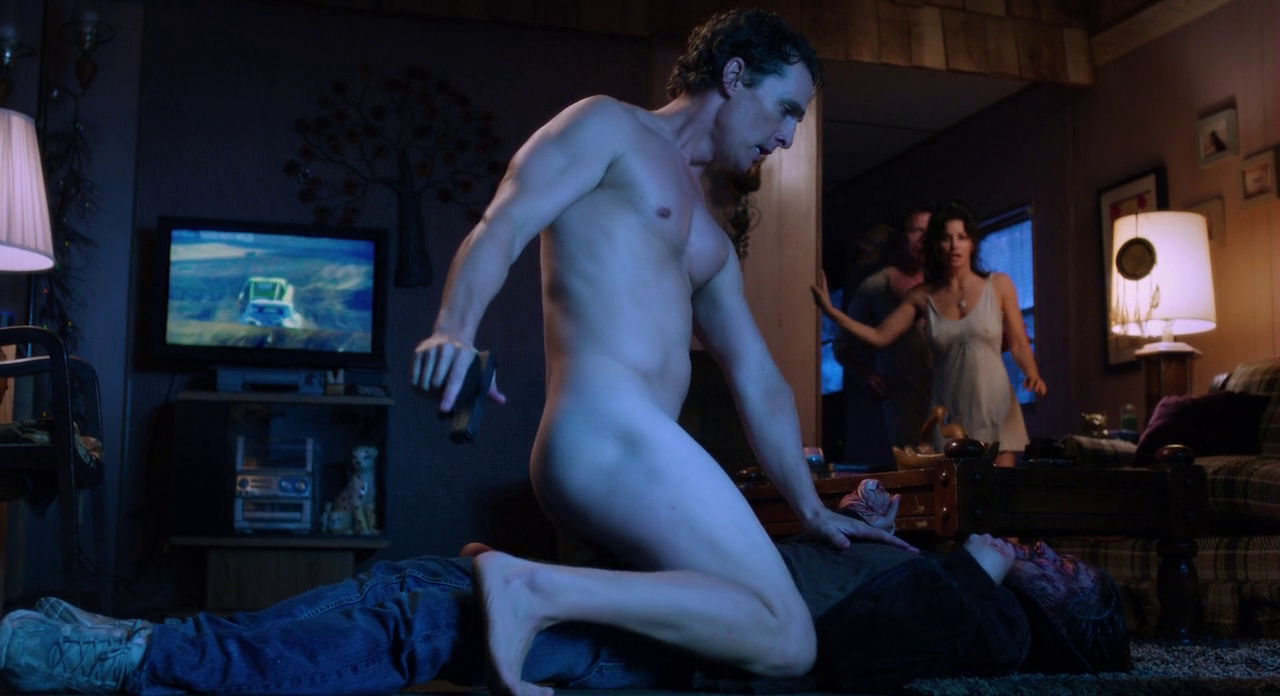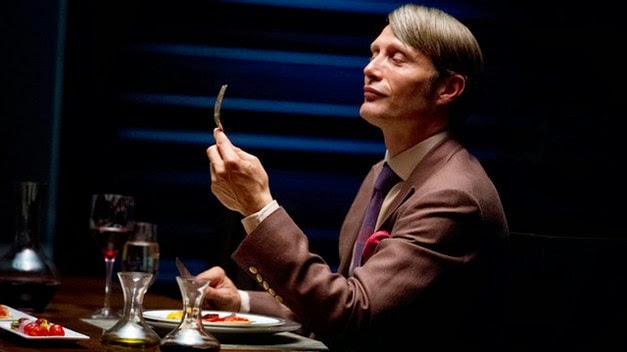"In Space Life is Impossible:"
A review of Gravity.
From the first moments to the very last shot,
Gravity doesn't let up for a single second.As I write this, my stomach is in knots, my heart rate has only gone down just now, and I think I almost tore my handkerchief in half. If my sweaty palms are any indication,
Gravity is a very accomplished film. If you want a movie that feels like a 90 minute panic attack while hand-cuffed to a rollercoaster, this is the movie to see.
It's kind of hard to believe that
Gravity is the only film Alfonso Cuaron has made since
Children of Men. Considering how
Children of Men combined a pulp adventure story with a Biblical allegory, while at the same time quietly redefining cinema, a gap of seven years isn't just conspicuous, it's depressing.We have an answer in
Gravity. Apparently this is what he was saving it up for.
The anxiousness and thrills that
Gravity delivers are entirely down to how impeccably well constructed it is. We saw how well he could wield a camera and construct a scene in
Children of Men and with
Gravity we see that same talent turned towards a film that is much more sparse, yet somehow bigger.
Children of Men is a film about a particular kind of world, while
Gravity is a film about the vastness of the universe and just how large a human being can feel.
It's a film that is so consummately constructed that not only does the 3D work, it actually adds to the tone of the film. The use of 3D gives the film a sense of dimension and space that a 2D film doesn't have, while at the same time only calling attention to the 3D for a greater effect. Maybe I'm saying this because I was so impressed with the movie that I didn't let the 3D get in the way, but I'll be damned if I didn't feel that it made the movie somehow bigger. If stereoscopy is a gimmick, then I can live with that gimmick if it means we get more movies like
Gravity.
The 3D seems as cinematically important as Cinerama is to
2001: A Space Odyssey.* The Cinerama simply makes
2001 bigger. It doesn't change the film, yet it transforms it into a greater film. The same is true in
Gravity's case. The sense of scale and space that this movie uses to tell a story isn't possible 2D. The greater triumph, though is, even if that isn't true, it feels like it's true.
I mentioned
2001: A Space Odyssey, not because they're both movies
about space (though, that helps), but because Alfonso Cuaron's cinematic
eye is no less dynamic or exacting than Stanley Kubrick's was in his
own epic. These are men who understand how to use the movie in its most basic, primitive sense. That is why both of these stories exist primarily without words. They can hold our attention without having to talk to us or tell us what is happening. While they each include simple, yet important character interactions, their triumph is the use of film's most primitive tools-- sound, colors, motion-- to tell us things that, in many cases, simple words cannot. This strong, directorial hand is why 2001 is still studied and debated today. This is why
Gravity carries so much weight with so few words**.
Cuaron gives you an ending and a sense of awe that you can only earn after ninety minutes of fear and trembling. He doesn't ever need to tell you what you're supposed to feel. You simply know. You know, because that is what movies are supposed to do. As much fun as
Gravity is, it also feels like arriving at some sort of fundamental truth. In that sense, it is the complete opposite of
2001: A Space Odyssey.
It is in these grand strokes that the movie shows its brilliance. There is nothing complicated or difficult to understand, yet this is deceptive in a way that makes movies so great. For all of the craftsmanship that went into this movie, it all disguises itself in service of this story. It's a magic trick. You don't see the years of work that went into it, the failures leading up to it, or the simple slight of hand that makes it all possible.All you see is the trick and all you feel is a sense of wonder, the knowledge that you just saw something that is impossible.
All of this is in service of telling a story, one about a person's desire to live. It isn't about the physical facts of the matter, it is about emotional reality of these characters. What they feel is no less real than the laws of physics that this movie is so (seemingly) concerned about. It is as simple and as profound as all of that. In that sense, it is like
2001: A Space Odyssey, because they're both about the wordless wonder that a great movie provides. There is a symphonic, wordless well beneath all of this that I cannot quite put into words, nor would I want to if I could. But I think I love this movie.
I'm still shaking and maybe that isn't the most objective way to review a film. I don't really care, because this is how I feel about
Gravity. For as much fun as I had watching the movie, what I know is true about this movie is what I felt walking home from the theater, wide eyed and rubbing my head with both hands amazed at what I just saw. That experience is something that I cannot write here. What I can write, in whatever meager way, is that this movie has made me feel in a way and with a strength that I have not felt in a long, long time. Movies are great. Being alive is great and all I want to do write now is to sit here a while. I want to sit here and take deep breaths and try to take in what I just saw.
I am going to sit here a long while.
HERE COMES THE AD ZONE:
My friends and I are working on a follow-up to our first comic book anthology. Naturally, that means we have a Kickstarter going. Any little bit helps and, hey, if you're actually interested in the project, that's even better. I'm really looking forward to getting this thing out in the world, but, yes, we do need your help.
FOOTNOTES:
*Which is to say that you have not actually seen
2001: A Space Odyssey
until you've seen it in Cinerama. It's like when you take off your
sunglasses after wearing them for a long time and wondering if colors
were always this bright).
**There, I fixed the worst sentence I've ever written! Happy now!?







